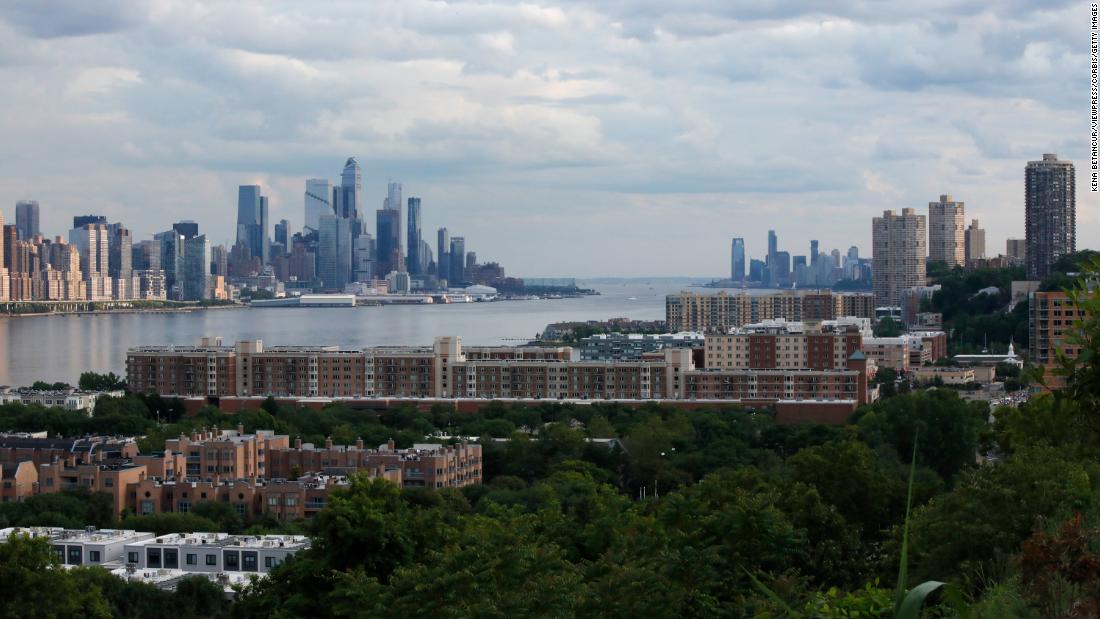- by foxnews
- 03 Apr 2025
Cities across the Northeast experience better air quality indexes as hazardous wildfire smoke subsides

Sorely missed blue skies are returning and cities across the northeastern US are experiencing better air quality indexes after the monstrous cloud of smoke spewed by the wildfires in Canada dissipates.
Major metropolitan cities across Pennsylvania, New York, New Jersey and Connecticut had air quality indexes below 100 as of Saturday morning, according to government website airnow.gov. When the index rises over 100, the air quality is classified as "unhealthy for sensitive groups."
For days, more than 75 million people have been trapped under a thick, orange blanket of smog as the Canadian wildfires spewed noxious fumes across the border.
The fires in Canada have already scorched about 15 times the normal burned area for this time of the year: nearly 11 million acres - more than double the size of New Jersey - with more than 2 million acres concentrated in Quebec alone.
As of Saturday, Philadelphia, had a "moderate." air quality index of 59; New York City was in the "good" category with an index of 30; Jersey City, New Jersey, was "good" at 33; and Madison, Connecticut, had a "good" index of 14.
Last week, all four cities had air quality indexes above 150 on Wednesday, which was classified as "unhealthy." Philadelphia had an index of 205 Wednesday morning, classified as "very unhealthy." New York reached a level of 484 Wednesday afternoon, which is classified as "hazardous" and the highest level on record in the city since the 1960s.
The oppressive smoke postponed professional sports games, grounded flights due to poor visibility, shuttered zoos and beaches and kept children inside at school.
Those who did go outside were advised to wear N95 masks to protect themselves from the wildfire smoke, which is particularly dangerous because it contains tiny particulate matter, known as PM2.5, the tiniest of pollutants.
The enormous cloud of pollution could cause long-term health effects, depending on the person and amount of exposure, said Dr. Purvi Parikh, an allergist and immunologist with NYU Langone Health and Allergy and Asthma Network.
When inhaled, the pollutants can travel deep into lung tissue and enter the bloodstream. Healthy people may withstand "a day or two" but vulnerable groups, like children, the elderly and immunocompromised people were at much higher risk, Parikh said.
"If people develop and keep having symptoms after the air quality returns to normal, "then they may have developed asthma or COPD as a result, and that can become chronic," Parikh said.
Scientists warn such routine-altering weather events are more likely to continue disrupting daily life as the planet warms, creating the ideal environment for more severe and frequent wildfires.
Since it's still early in the Canadian fire season, more wildfires could flare up this summer, and several US states are still suffering poor air quality, which could cause health problems.
- by foxnews
- descember 09, 2016
Flight passenger says man deliberately squatted in window seat, ignites social media debate
An airline flyer said a seat squatter tried to tell her to swap seats with him, but she stood her ground, prompting a social media debate. A travel expert weighs in.
read more


